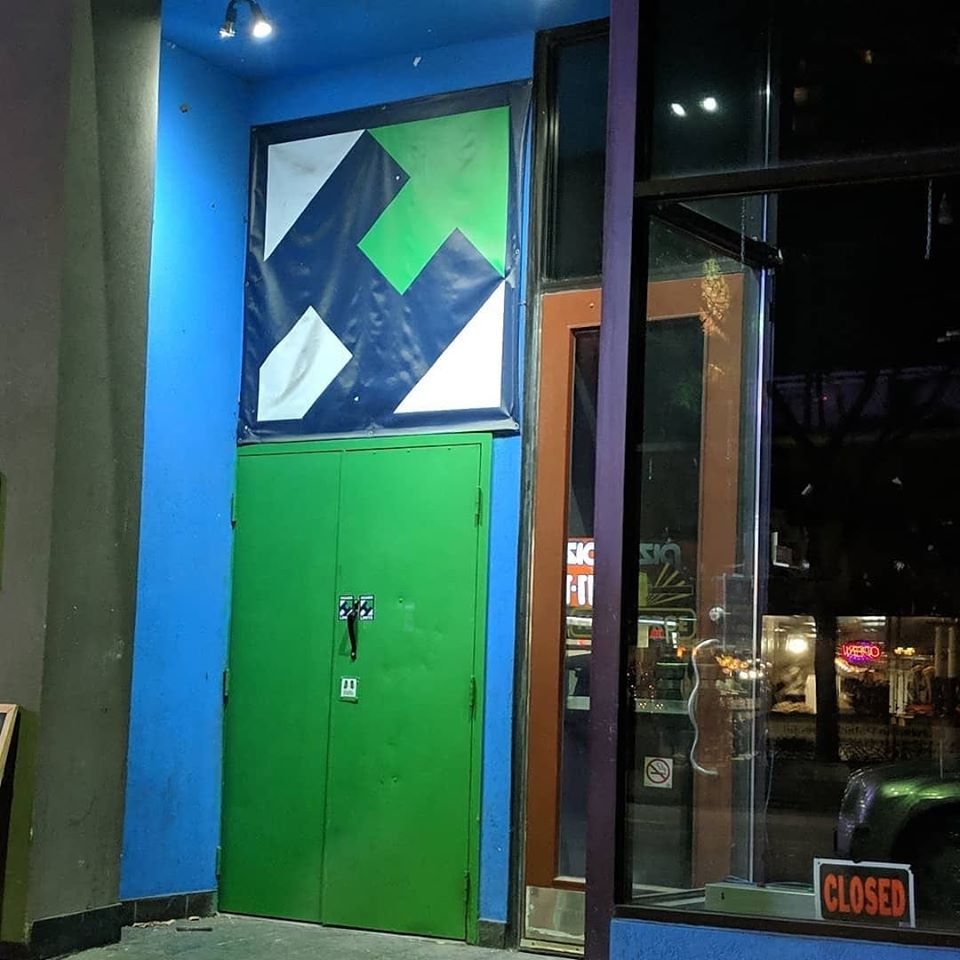Windsor Star – Brian Cross – Dec 13 2017
With the Ontario government passing legislation Tuesday that paves the way for the government-run sale of recreational marijuana starting in July, the search is on for a ready-to-go store in Windsor.
According to a City of Windsor staff report going to council Monday, the list of requirements for this store, run by an LCBO subsidiary, the Ontario Cannabis Retail Corporation, include: a standalone operation, apart from the LCBO’s alcohol operations; 2,500 square feet of space at a location that’s already properly zoned for retail; a location that’s near to a Transit Windsor bus route; an existing space instead of new construction; and a location that’s not located close to schools, addiction treatment centres, mental health facilities and emergency shelters.
City staff met with government representatives in late November to discuss the retail store’s location. Staff were told that the site could be selected as early as February, but before any final decisions will be made the public will be informed about the location and given an opportunity to have input.
Windsor is one of 14 Ontario cities to get the first retail stores starting July 1. Eventually there will be 150 stores. In a news release Tuesday, the government said there will be no self-service. All products will be ordered at a counter and staff will be specially trained to “sell products in a safe and socially responsible manner to restrict access for minors (under age 19) and give consumers the information they need.”
The stores are expected to charge $10 a gram.
“Ten bucks is not crazy,” said Jon Liedtke, the owner of the downtown medical marijuana lounge Higher Limits, who said the price is around the black market price. He said he would have liked the store to be located downtown to cater to tourists coming from the U.S. to take advantage of legal cannabis. But he expects a site out from the core will be selected, like Walker Road, because the store will have to serve the entire Windsor-Essex region.
Liedtke said he’s “a little flabbergasted” by the government’s failure to address the tourism potential of legal cannabis in a border city like Windsor. The legislation states that people will only be allowed to use recreational cannabis — whether it is smoked, eaten or applied topically — in private residences. That rules out hotel rooms, cafes, the street and his own lounge which he says will continue to cater to medical marijuana users.
In a news release, the Ministry of Health says “this approach will allow people in Ontario, especially children and youth, to continue to enjoy public spaces like local parks.”
But there are 50 million people within a four-hour drive of Windsor and about 7.5 million of them use cannabis, Liedtke said.
“If just one per cent of them decide to come here on a Friday night to purchase cannabis, that’s 75,000 Americans on our streets,” he said. “I had hoped … as a downtown businessman, the province would recognize the need for licensed recreation spaces for the tourism aspect alone.”
With his experience running a medical marijuana lounge, Liedtke said that many people need a place to take it outside their residence. They could be living in a college dorm or another communal living arrangement where its use may not be allowed. They could be parents who don’t want their kids exposed to it, or they could have roommates who don’t want it used in the apartment.
He said the restricting cannabis use to residences will mean lots of people breaking the rule — requiring extra enforcement by police or health inspectors.
Premier Kathleen Wynne said Tuesday that municipalities can begin discussions with Ontario over costs associated with legalized marijuana, in light of a new tax revenue-sharing agreement between the provinces and federal government.
Wynne’s comments come after Ottawa agreed on Monday to give provinces and territories a 75 per cent share of federal excise tax revenues from the sale of legalized pot. The remaining 25 per cent — to a maximum of $100 million a year — will stay with the federal government. Federal revenues above $100 million will also go to the provinces and territories.
Municipalities have said they will shoulder most of the costs of marijuana legalization and want funding to offset the expense.
“We need to work with municipalities to understand what their costs are going to be, what our costs are going to be, and now we will do that work within this context of this sharing framework,” Wynne said.
With files from the Canadian Press


Leave a Reply